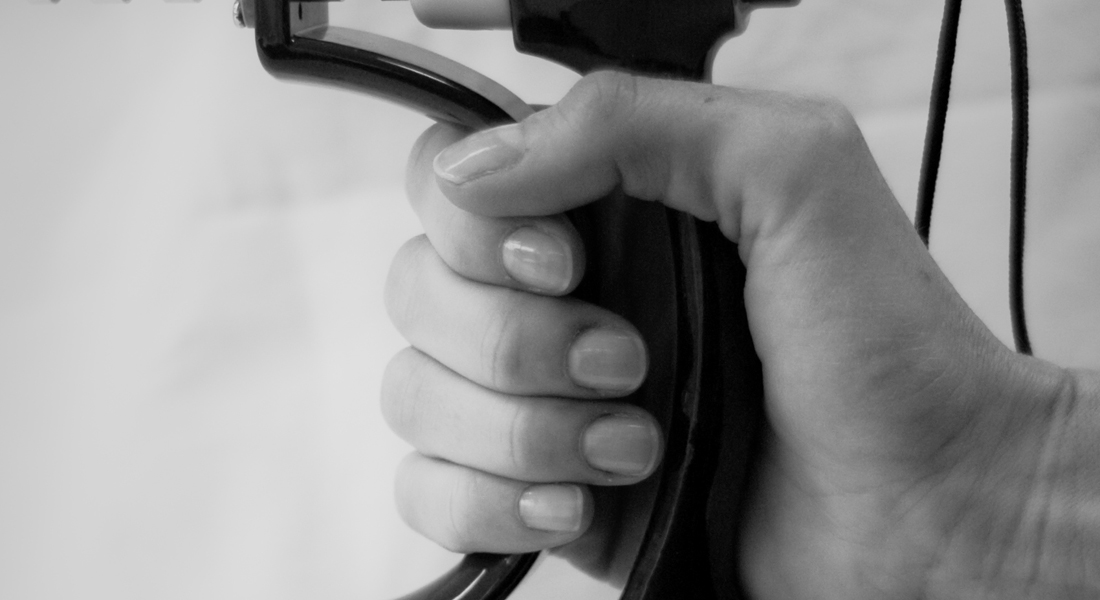

Genetics, lifestyle and environment are all factors that somehow influence when and how we all age. But the financial situation is also important. Now, researchers from the Center for Healthy Aging and the Department of Public Health have found that four or more years with an income below the relative poverty threshold during adult life make a significant difference as to when the body begins to show signs of ageing.
To learn more about the context, the researchers have tested 5500 middle-aged persons, using various ageing markers: physical capability, cognitive function and inflammatory level. The results were then compared with the participants’ income throughout the 22 years leading up to the test. An annual income of 60% below the median income is considered relative poverty.
In this way, the researchers found that there is a significant correlation between financial challenges and early ageing. And this is important in order to be able to instigate preventative measures, says co-author and Professor at the Center for Healthy Aging and the Department of Public Health, Rikke Lund.
‘Early ageing also means more treatment at an earlier age, and it is a burden both to the individual and the society. With our results, we show that poor finances are a strong indicator of early ageing – this knowledge can be used to prevent the problems. Many people do not necessarily experience any noticeably poorer physical capability until they are growing older and are therefore not aware that their bodies have begun to age prematurely. This means that there will be no focus on preventative measures until it is too late’, she says.
Poverty Affects Grip Strength and Memory
The participants have been through both physical and cognitive tests, each of which is an expression of general strength and function. Among other things, the researchers measured the participants’ grip strength, how many times they could get up from and sit on a chair in 30 seconds, and how high they could jump. The cognitive tests have e.g. been tasks of memorising sequences.
‘There is a significant difference between the test results. People who have been below the relative poverty threshold for four or more years in their adult life perform significantly worse than those who have never been below the threshold’, says Rikke Lund.
The results show, among other things, that the financially challenged group, relative to the comparison group, can get up and sit down two times less per 30 seconds, and that their grip strength is reduced by 1.2 kilos.
In addition, the researchers have measured the inflammatory level of the participants – i.e. an inflammatory state that comes from within and is measured in the blood. A high inflammatory level is a sign that the body is in a state of alert and can likewise be used as a marker for illness and ageing. The study shows that the financially challenged also had higher inflammatory levels.
‘The results draw a picture that groups which experience serious financial challenges several times in their adult lives age earlier than others. From a broader perspective, the results may inspire a reconsideration of the politically adopted reduced rates of public benefits’, says Rikke Lund.

